Signing Safe Futures South Africa!
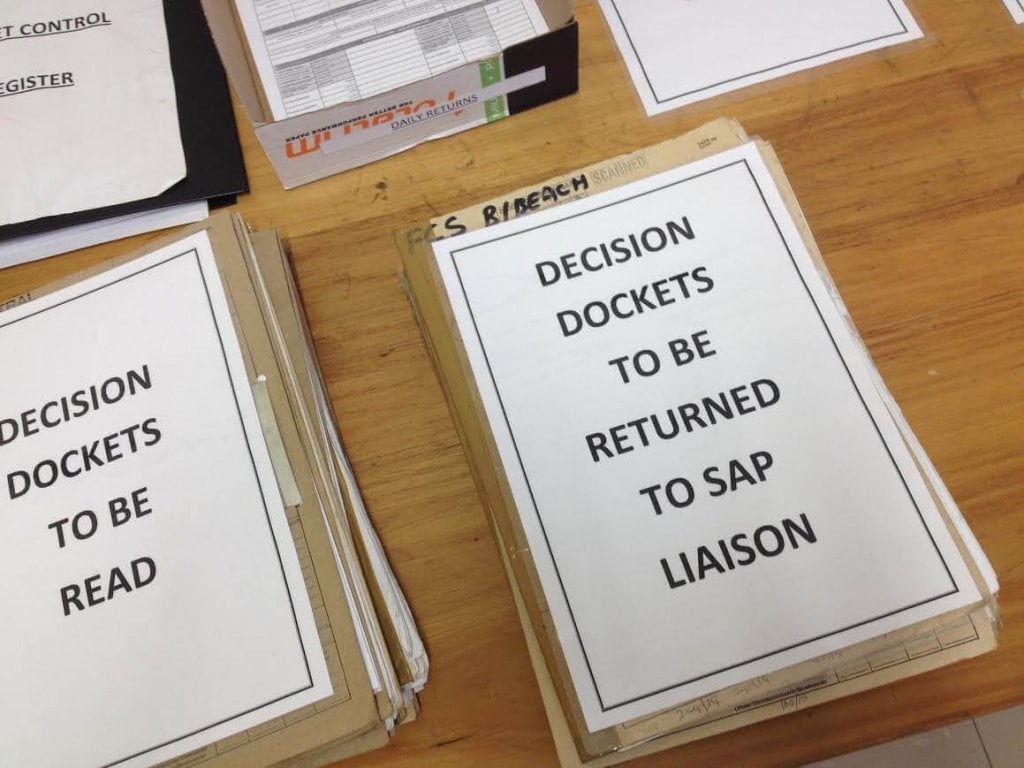 With our partners Childline South Africa, Child Helpline International and the UK Police Link Officer for the Deaf scheme, we’ve commenced a two year development / pilot activity aimed at establishing Africa’s first dedicated helpline capacity for responding to the protection needs of D/deaf children and young people.
With our partners Childline South Africa, Child Helpline International and the UK Police Link Officer for the Deaf scheme, we’ve commenced a two year development / pilot activity aimed at establishing Africa’s first dedicated helpline capacity for responding to the protection needs of D/deaf children and young people.
Funded by Comic Relief, this progressive work sees the training and deployment of a dedicated D/deaf aware staff team within Childline South Africa. It addition, it will see the development, trialling and evaluation of an innovative new Video Relay service so that D/deaf children and young people may access ready online Childline counselling support, in the communication mode of choice; be it sign language, sign supported spoken language or community-sign. Furthermore, UK Police will work with the South African Police to establish a local Police Link capacity which will respond appropriately to disclosure by D/deaf children, as and when it occurs, so that the best care and support can be made available to them and their families.
This is a sizable initiative and one that will deliver a global impact, making a difference to the lives of thousands. From these beginnings, DeafKidz International will work to develop a Video Relay practice and methodology, which will transform the way that Child Helplines interact with D/deaf children and young people. Such that in 10 years time; every D/deaf child will be able to access Helpline support, wherever they are and whatever the issue. Job done!
For now, we’re building the service architecture, collaborating closely with the likes of EPCAT Luxembourg – to ensure we’ve got the language & terminology of abuse right; Childline’s Kenya and Zimbabwe – to where cascade will occur once South Africa is proven; technical Video Relay providers in the US – to ensure we have an operating platform that is robust and capable. Over and above all of this, we’re working to ensure our service design reflects the protocols of the WHO’s End Violence initiative and UNICEF’s Global Partnership to End Violence Against Children. We’re looking to demonstrate that through the assembly of powerful partnerships and through auspicious programme design, the protection needs of D/deaf children and young people can, indeed, be realised and their susceptibility to the risk of violence, mitigated.

 We’re continuing to respond to the needs of D/deaf children trapped in the migrant crisis where the challenges they face, it goes without saying, are complex. Whilst we may be dealing, initially, with ear & hearing care needs, these don’t stand alone; they are intrinsically linked to safeguarding, protection, healthcare, speech & language developmental needs and more. If as a D/deaf child you are unable to communicate, you become removed, marginalised, from other children, your own family and from your own parents, even. Withdrawal occurs and with it, comes a lethargic reluctance to engage in the most basic of communication. With family members busy trying to cope with the shifting pressures inherent within a migrant camp, the development of speech and the acquisition of language, which is an absolute essential for D/deaf children and young people, is hampered. This, in turn leads to an inability to self-advocate, self-represent and a resultant increased risk of abuse such as abduction and trafficking.
We’re continuing to respond to the needs of D/deaf children trapped in the migrant crisis where the challenges they face, it goes without saying, are complex. Whilst we may be dealing, initially, with ear & hearing care needs, these don’t stand alone; they are intrinsically linked to safeguarding, protection, healthcare, speech & language developmental needs and more. If as a D/deaf child you are unable to communicate, you become removed, marginalised, from other children, your own family and from your own parents, even. Withdrawal occurs and with it, comes a lethargic reluctance to engage in the most basic of communication. With family members busy trying to cope with the shifting pressures inherent within a migrant camp, the development of speech and the acquisition of language, which is an absolute essential for D/deaf children and young people, is hampered. This, in turn leads to an inability to self-advocate, self-represent and a resultant increased risk of abuse such as abduction and trafficking.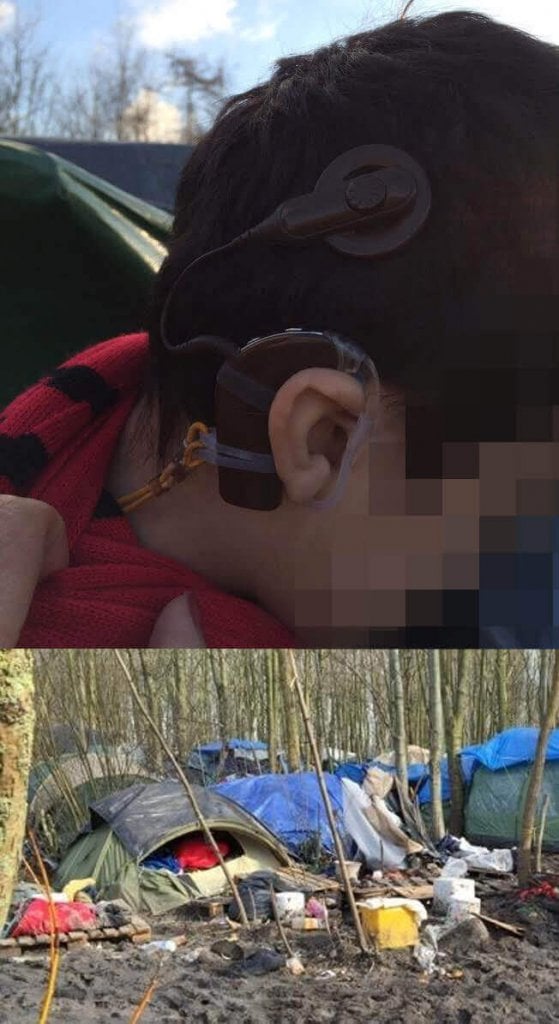 100,000 migrants have entered Europe this year – and many, many, more will follow. There are D/deaf CYP within this migrant population…. We’ve met them and seen the appalling conditions in which they’re living and the insecurity they face. Accordingly, we’re working with a range of stakeholders to ensure that the needs of D/deaf children and young people trapped in this modern nightmare are met.
100,000 migrants have entered Europe this year – and many, many, more will follow. There are D/deaf CYP within this migrant population…. We’ve met them and seen the appalling conditions in which they’re living and the insecurity they face. Accordingly, we’re working with a range of stakeholders to ensure that the needs of D/deaf children and young people trapped in this modern nightmare are met. We welcome the UNICEF led Global Partnership to End Violence Against Children. Children and young people should not be at risk of, or exposed to, violence at all. Ever. Yet in our work, the evidence is overwhelming. Physical and sexual violence against D/deaf children is endemic. We’ve evidenced it in South Africa and we’re doing the same in Jamaica, Zimbabwe, the Palestinian Territories, Pakistan and more… And as and when we have a critical mass of evidence to disseminate – we’ll publish it.
We welcome the UNICEF led Global Partnership to End Violence Against Children. Children and young people should not be at risk of, or exposed to, violence at all. Ever. Yet in our work, the evidence is overwhelming. Physical and sexual violence against D/deaf children is endemic. We’ve evidenced it in South Africa and we’re doing the same in Jamaica, Zimbabwe, the Palestinian Territories, Pakistan and more… And as and when we have a critical mass of evidence to disseminate – we’ll publish it.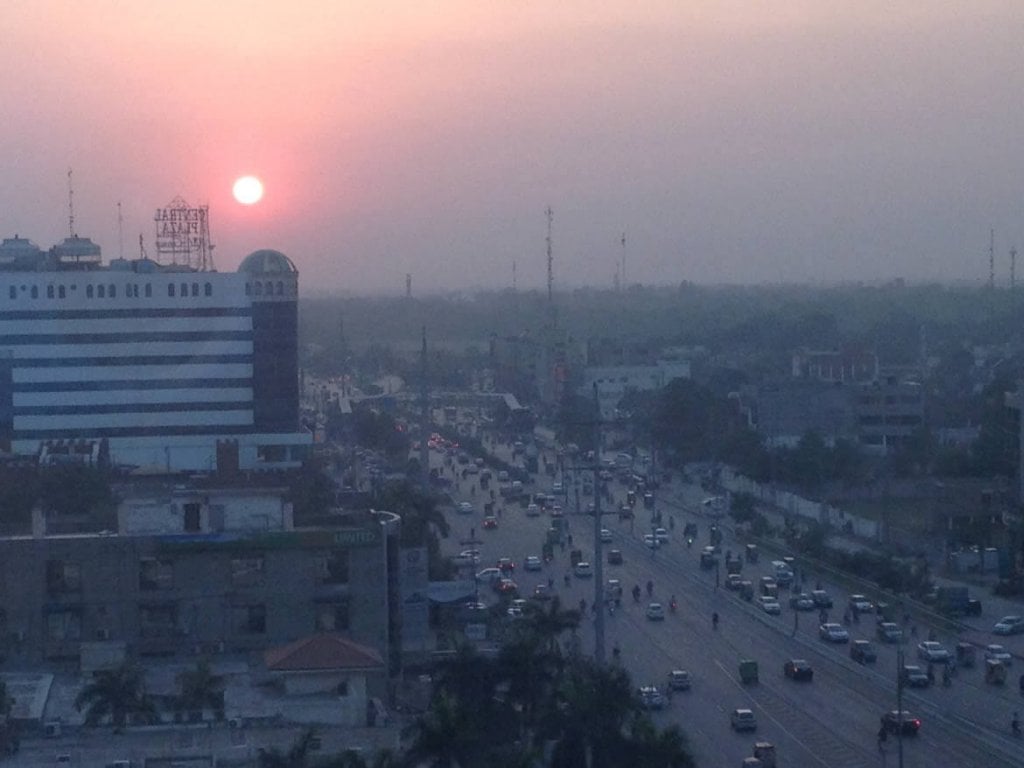 As we continue to monitor our new-born screening pilot and also further develop our integrated ear & hearing pathway of care, we’re becoming increasingly aware of the distinct challenges facing D/deaf children and young people in Pakistan.
As we continue to monitor our new-born screening pilot and also further develop our integrated ear & hearing pathway of care, we’re becoming increasingly aware of the distinct challenges facing D/deaf children and young people in Pakistan. D/deaf children and adults from across Jamaica converged on the island’s Mona Bowl for the first ever DeafKidz Jamaica sports day.
D/deaf children and adults from across Jamaica converged on the island’s Mona Bowl for the first ever DeafKidz Jamaica sports day. In partnership with DeafKidz International, who provided development support and guidance, the Jamaica Association for the Deaf has worked to build a far reaching collaboration between the University of Technology, the Sports Development Foundation and Deaf Sport Jamaica. Working together, a robust foundation has been established; one that will enable future festivals to have an even greater impact as Stephanie McIntyre-Groves, Project Co-ordinator, explains; “This festival is a first. It builds upon Deaf Sport Jamaica’s existing work but enables us to ensure distinct activity around safeguarding occurs with both D/deaf children and, of course, their parents. This festival has been a considerable success and we were pleased to have the opportunity to continue dialogue with our partners at the British High Commission, UNESCO, UNICEF and DFID, as we work to further develop our programmatic work both in Jamaica and across the wider Caribbean. As a D/deaf led organisation with an authentic voice, we’re about getting things done”.
In partnership with DeafKidz International, who provided development support and guidance, the Jamaica Association for the Deaf has worked to build a far reaching collaboration between the University of Technology, the Sports Development Foundation and Deaf Sport Jamaica. Working together, a robust foundation has been established; one that will enable future festivals to have an even greater impact as Stephanie McIntyre-Groves, Project Co-ordinator, explains; “This festival is a first. It builds upon Deaf Sport Jamaica’s existing work but enables us to ensure distinct activity around safeguarding occurs with both D/deaf children and, of course, their parents. This festival has been a considerable success and we were pleased to have the opportunity to continue dialogue with our partners at the British High Commission, UNESCO, UNICEF and DFID, as we work to further develop our programmatic work both in Jamaica and across the wider Caribbean. As a D/deaf led organisation with an authentic voice, we’re about getting things done”.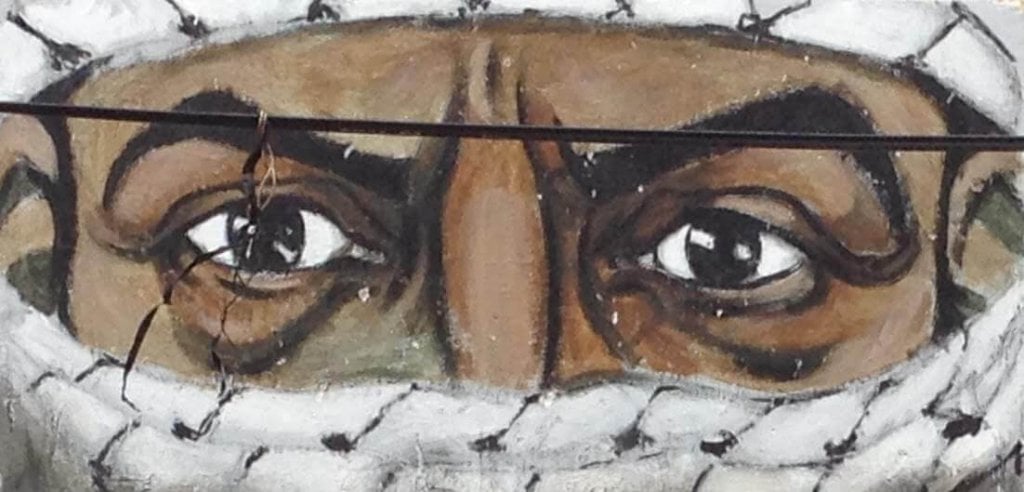 We’re aware that in recent months, extremists have sought to rally D/deaf young people to their differing causes using a range of media including interpreted You-Tube videos. This is clearly alarming and its something we’re not prepared to see happen. We’re simply not having it – impressionable young people corrupted to some cause or other. No.
We’re aware that in recent months, extremists have sought to rally D/deaf young people to their differing causes using a range of media including interpreted You-Tube videos. This is clearly alarming and its something we’re not prepared to see happen. We’re simply not having it – impressionable young people corrupted to some cause or other. No.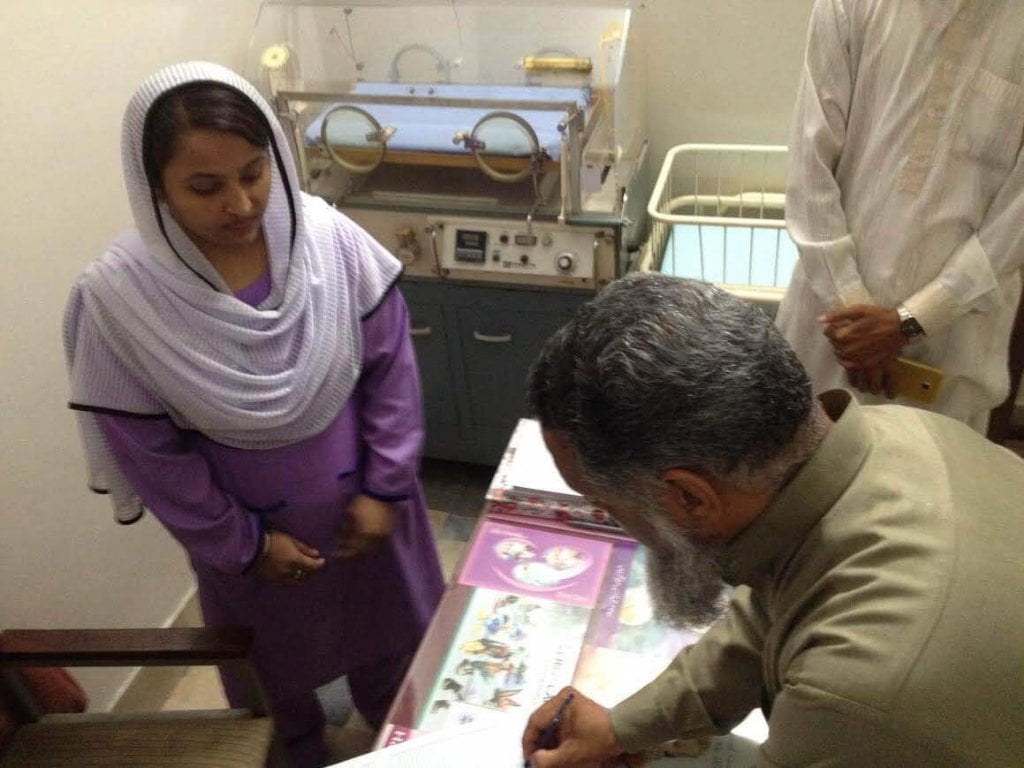
 DeafKidz International Head of Programmes, Stuart Harrison, and criminal justice/policing adviser Emma Gilbert, of the UK Police Link Officer for the Deaf scheme, presented the case for inclusive child rights and child protection provision at ISPCAN’s 10th Asia Pacific Conference on Child Abuse and Neglect. Highlighting the learning from our emerging work in South Africa and our partnerships with both Child Helpline International and Childline South Africa, Stuart and Emma, presented on the challenges of ensuring D/deaf children and young people are safeguarded.
DeafKidz International Head of Programmes, Stuart Harrison, and criminal justice/policing adviser Emma Gilbert, of the UK Police Link Officer for the Deaf scheme, presented the case for inclusive child rights and child protection provision at ISPCAN’s 10th Asia Pacific Conference on Child Abuse and Neglect. Highlighting the learning from our emerging work in South Africa and our partnerships with both Child Helpline International and Childline South Africa, Stuart and Emma, presented on the challenges of ensuring D/deaf children and young people are safeguarded.